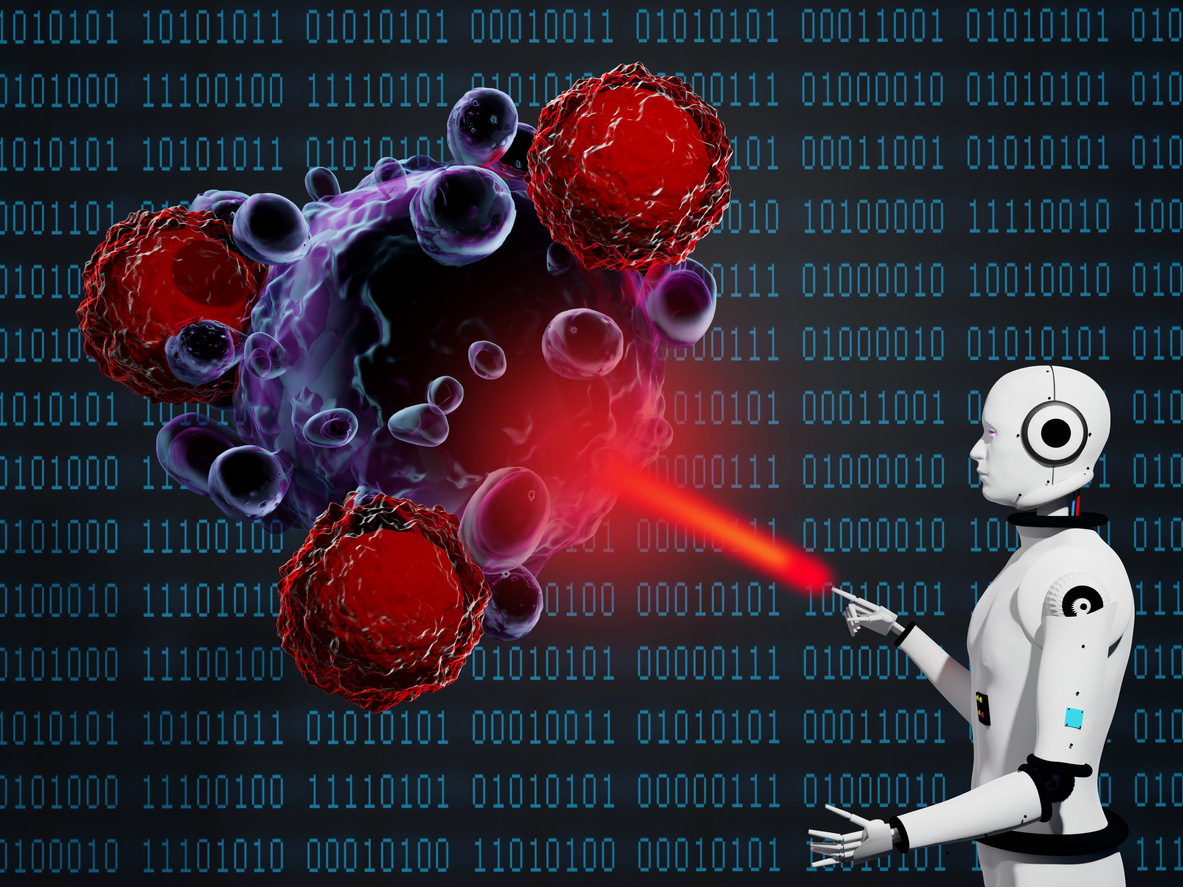
AI Revolutionizes Cancer Diagnosis with Enhanced PrecisionAI Revolutionizes Cancer Diagnosis with Enhanced Precision Artificial Intelligence (AI) has emerged as a game-changer in the field of cancer diagnosis, offering unprecedented capabilities for enhanced precision and earlier detection. By harnessing the power of machine learning and advanced algorithms, AI-powered systems are revolutionizing the way cancer is diagnosed, leading to improved patient outcomes and increased chances of survival. Enhanced Image Analysis One of the most significant applications of AI in cancer diagnosis is its ability to analyze medical images, such as CT scans, MRI scans, and mammograms. AI algorithms can sift through vast amounts of data, identifying subtle patterns and abnormalities that may be missed by the human eye. This enhanced precision enables earlier detection of tumors and more accurate staging of the disease. Personalized Treatment Planning AI can also play a crucial role in personalized treatment planning for cancer patients. By analyzing patient data, including their genetic profile, tumor characteristics, and medical history, AI systems can help healthcare professionals tailor treatment strategies to the specific needs of each individual. This personalized approach increases the effectiveness of treatments and reduces the risk of side effects. Early Cancer Detection Early detection of cancer is paramount for improving survival rates. AI-powered algorithms are being developed to detect early signs of cancer from various sources, such as blood samples, tissue biopsies, and imaging data. By analyzing these data, AI systems can identify biomarkers and patterns associated with cancer, enabling earlier diagnosis and intervention. Automation of Pathology AI is also transforming the field of pathology, the microscopic examination of tissues and cells. AI algorithms can automate the analysis of microscopic images, allowing pathologists to focus on more complex cases. This automation not only reduces the workload but also improves accuracy and consistency in diagnosis. Improved Prognosis AI algorithms can also provide valuable prognostic information for cancer patients. By analyzing patient data and outcome data, AI systems can predict the likelihood of recurrence, disease progression, and survival. This information empowers patients and clinicians to make informed decisions about treatment options and follow-up care. Conclusion The integration of AI into cancer diagnosis has revolutionized the field, enabling enhanced precision, earlier detection, and personalized treatment planning. AI algorithms are unlocking new possibilities for improving patient outcomes, reducing healthcare costs, and ultimately conquering the scourge of cancer. As AI continues to advance, we can expect even more breakthroughs in cancer diagnosis and treatment in the years to come.
Posted inNews